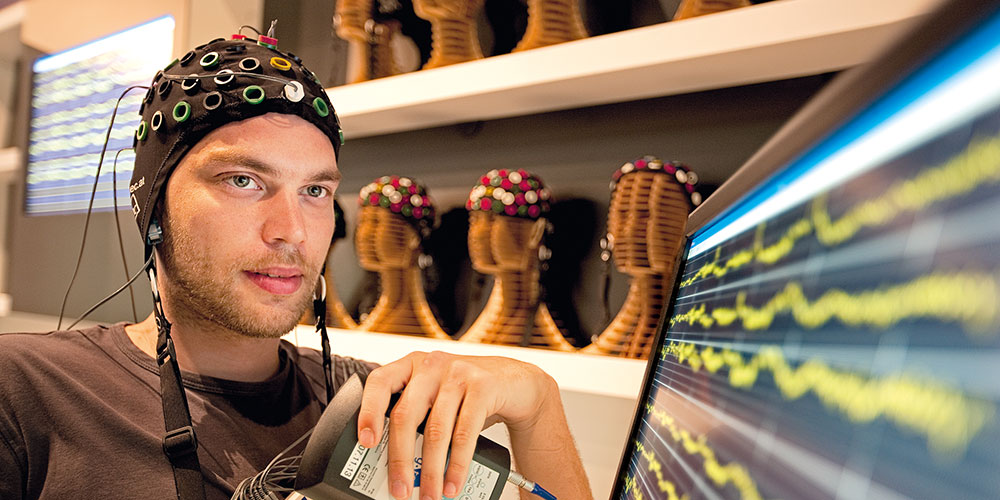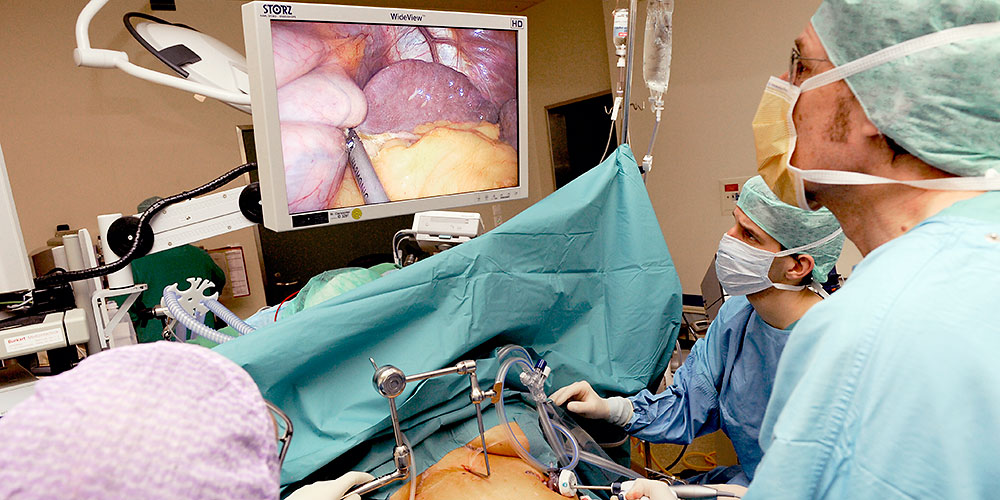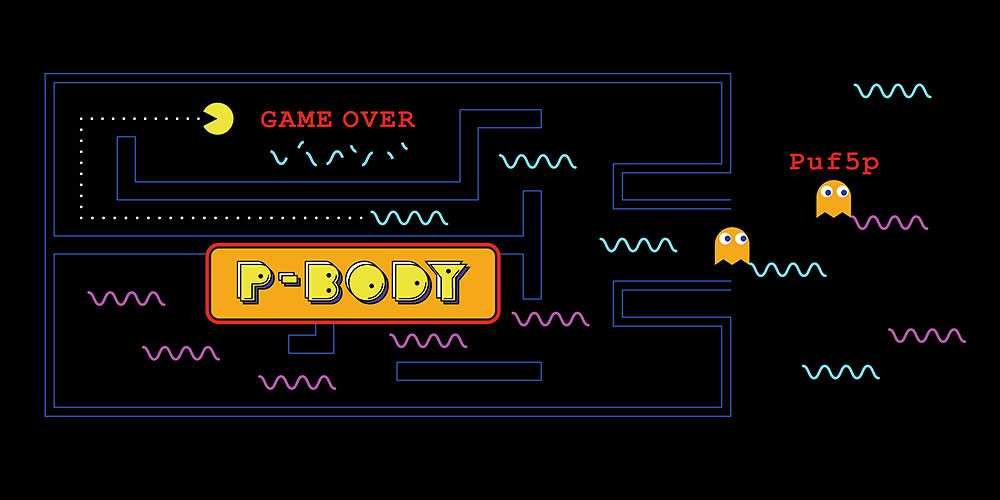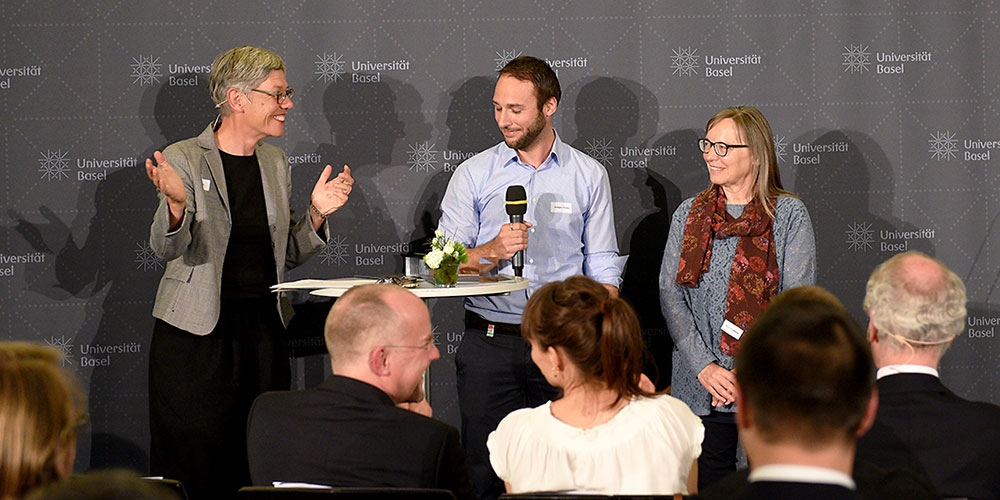Physicists have developed a technique based on optical microscopy that can be used to create images of atoms on the nanoscale. In particular, the new method allows the imaging of quantum dots in a semiconductor chip.
Ethicists from the University of Basel have outlined a new biosecurity framework specific to neurotechnology. While the researchers declare an outright ban of dual-use technology ethically unjustified, they call for regulations aimed at protecting the mental privacy and integrity of humans.

In Switzerland, 5,500 operations to combat morbid obesity are conducted every year. Gastric bypasses and sleeve gastrectomy operations perform similarly: patients lose two-thirds of their excess weight in the long term. When it comes to gastric acid reflux, the bypass clearly shows better results.

A warm-up program developed specially for children reduces soccer injuries by around 50 percent. Sports scientists from the University of Basel reported these findings in the academic journal Sports Medicine. A total of 243 teams comprising around 3,900 children from four European countries took part in the study.

If a cell runs low on sugar, it stores certain messenger RNAs in order to prolong its life. As a research group at the Biozentrum of the University of Basel has now discovered, the protein Puf5p determines whether individual messenger RNAs will be stored or degraded when sugar levels are low.

Yesterday, the University of Basel awarded this year's Teaching Excellence Awards to honor lecturers and staff for their contribution to teaching.

Following the success of last year’s event, the Teaching Excellence Awards of the University of Basel are being held for second time in 2017. With effect from now, students and employees are invited to submit their favorites for the Teaching Excellence Awards 2017.

The infection biologist Petr Broz, Professor at the Biozentrum of the University of Basel, has received one of the highly regarded Career Development Awards from the Human Frontier Science Program (HFSP).
